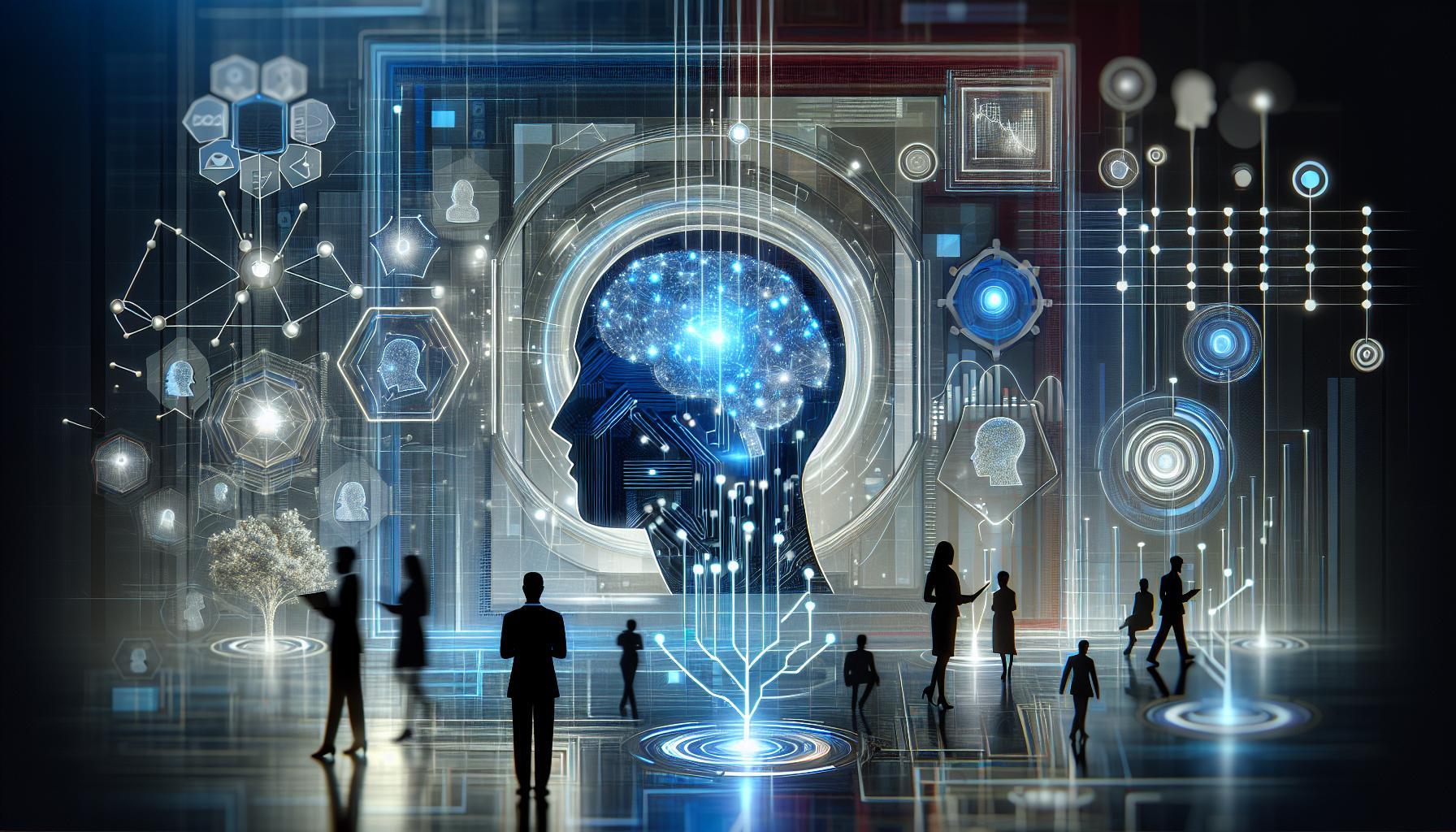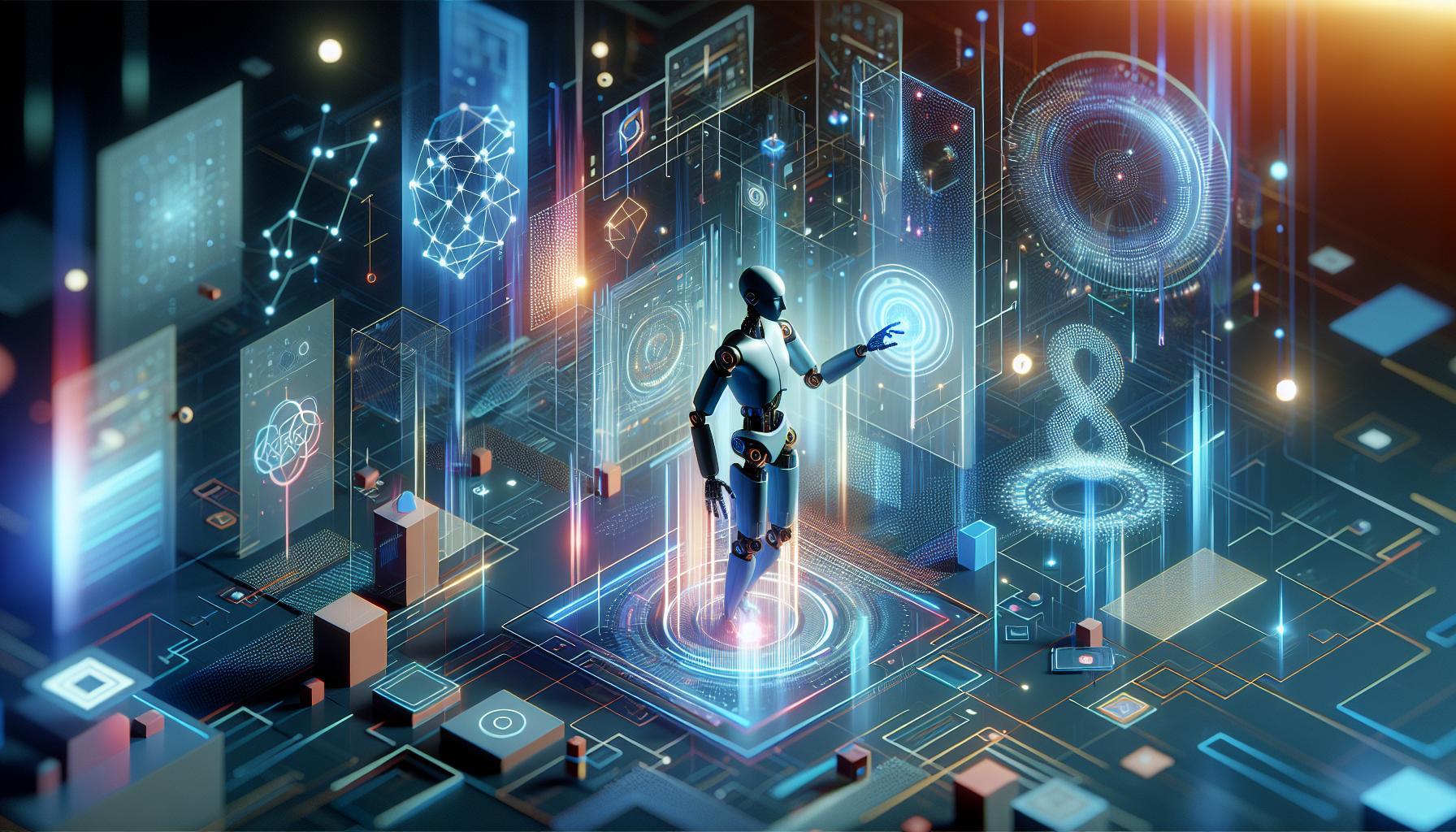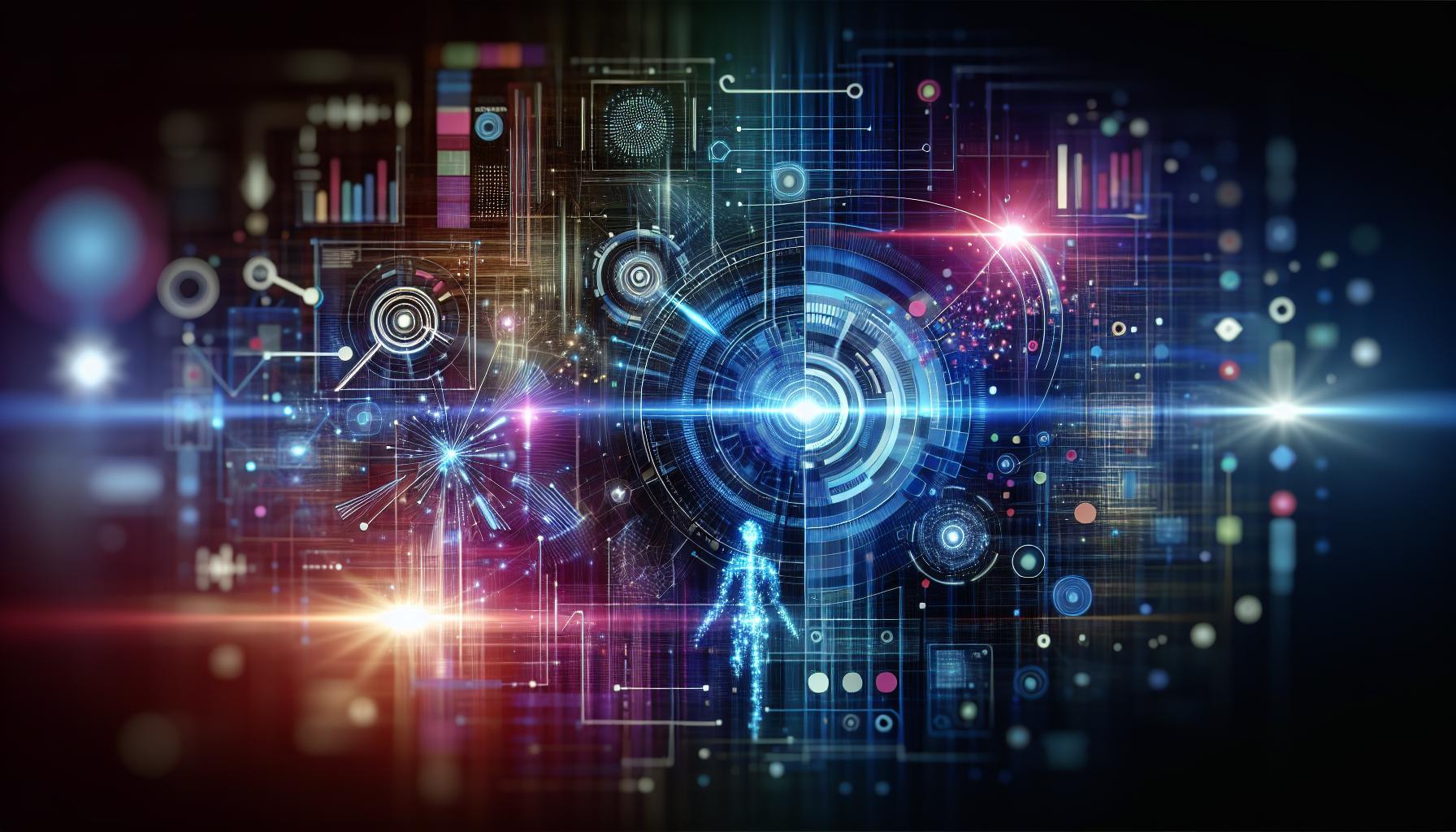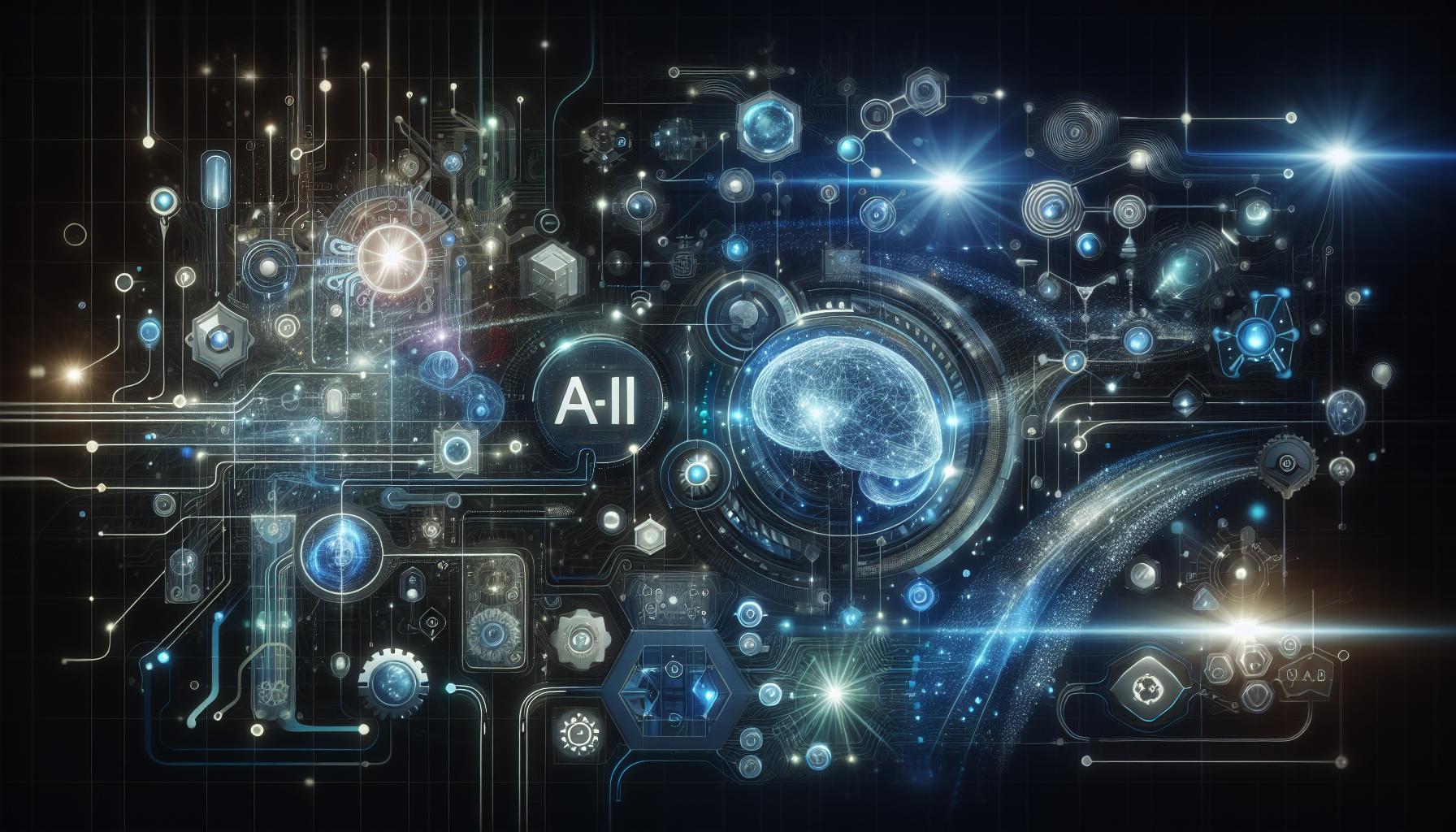In today’s fast-paced business environment, manual HR processes can hinder efficiency and employee satisfaction. Intelligent automation through self-service AI empowers employees to manage their HR tasks seamlessly, reducing workload on HR teams and enhancing overall productivity. Embracing this technology not only streamlines operations but also fosters a more engaged workforce.
Understanding Employee Self Service AI: A New Era in HR
In today’s fast-paced work environment, the demand for quick access to information and streamlined processes has never been more pressing. As companies seek to enhance their HR functions, Employee Self Service AI emerges as a game changer, transforming how organizations manage their human resources. This innovative approach harnesses intelligent automation, empowering employees to handle a variety of HR-related tasks independently and efficiently.
The Role of Intelligent Automation in Employee Self Service
Employee Self Service AI integrates machine learning, natural language processing, and predictive analytics, enabling employees to take charge of their HR needs. With this technology, staff members can access a plethora of services at their convenience, which includes:
- Requesting leave or time off
- Updating personal information
- Accessing pay stubs and tax forms
- Inquiring about benefits and compensation
- Accessing company policies and procedures
This level of access not only enhances employee satisfaction—by reducing wait times for HR inquiries—but it also allows HR professionals to redirect their focus towards more strategic tasks, such as talent management and employee engagement.
Real-World Applications of Employee Self Service AI
Several organizations have successfully implemented Employee Self Service AI, leading to significant operational improvements. For instance, a large multinational company deployed a chatbot capable of answering recurring questions about leave policies. Within 6 months, the chatbot handled over 70% of inquiries previously directed to HR, resulting in a 40% reduction in response time and freeing up HR staff to focus on complex issues.
An essential consideration when implementing Employee Self Service AI is the user interface and experience. Ensuring that the system is intuitive and user-friendly is crucial for encouraging employee adoption. Here are a few practical steps to ensure success:
- Conduct training sessions to familiarize staff with the new system.
- Gather continuous feedback from users to identify pain points and areas for improvement.
- Regularly update the AI capabilities based on common inquiries and feedback.
Measuring the Impact of Employee Self Service AI
To gauge the effectiveness of an Employee Self Service AI deployment, organizations can track metrics such as:
| Metric | Before Implementation | After Implementation |
|---|---|---|
| Average Response Time | 48 hours | 3 hours |
| HR Inquiries Handled by AI | 0% | 70% |
| Employee Satisfaction Score | 70% | 85% |
By closely monitoring these metrics, HR teams can discern the value delivered by Employee Self Service AI systems, making it easier to justify investments in advanced technologies. Embracing this shift towards intelligent automation not only revolutionizes HR processes but also fosters a more engaged and self-sufficient workforce.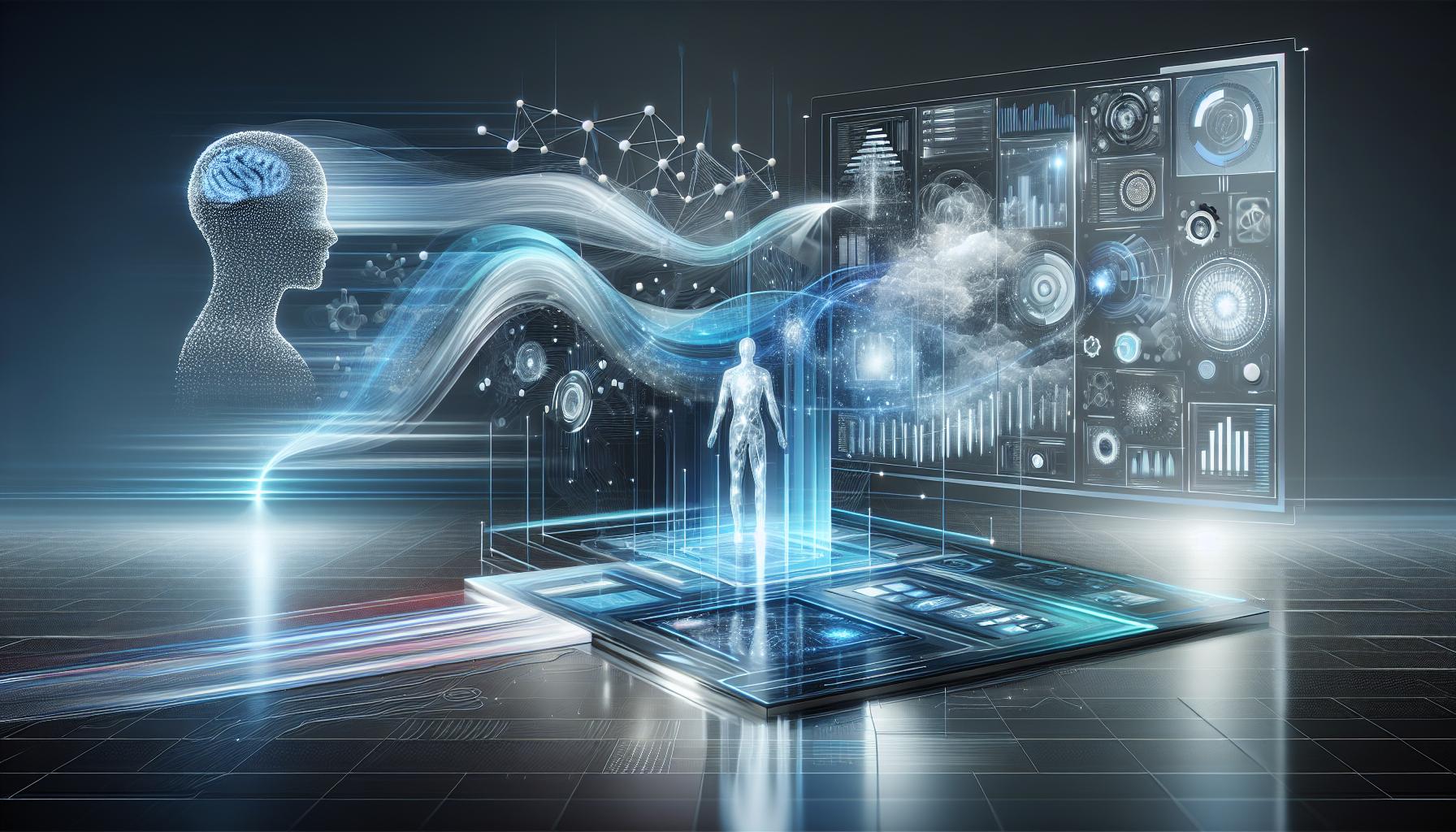
Key Benefits of Implementing Intelligent Automation in HR
Implementing intelligent automation in HR is not just a trend; it’s a transformative shift that enhances productivity and employee engagement. By leveraging technologies such as Employee Self Service AI, organizations can drastically improve the way HR functions, allowing both employees and management to focus on strategic initiatives instead of routine tasks. The benefits of this automation are profound and multifaceted, leading to smarter organizations prepared for the future.
Streamlined Operations
One of the primary benefits of intelligent automation in HR is the streamlining of operations. Automated processes reduce the time spent on repetitive tasks such as payroll, benefits administration, and employee onboarding. For instance, using AI-driven chatbots in Employee Self Service modules allows employees to access information and resolve queries instantly, resulting in faster turnaround times and enhanced user satisfaction.
Cost Efficiency
Adopting intelligent automation leads to significant cost savings. Organizations that have moved beyond pilot programs have reported an average cost reduction of 32% over previous years [[3]](https://www2.deloitte.com/us/en/insights/focus/technology-and-the-future-of-work/intelligent-automation-2022-survey-results.html). These reductions stem from decreased manual labor costs and enhanced operational efficiency, allowing HR teams to allocate resources to more strategic initiatives.
Improved Employee Engagement
Engaging employees effectively is crucial for retaining talent, and intelligent automation plays a vital role in this area as well. By empowering employees with self-service options, they can manage their own HR inquiries and access information whenever needed. This not only elevates employee experience but also fosters a culture of empowerment and responsibility, leading to higher engagement levels.
Enhanced Decision-Making
Intelligent automation provides enriched data analytics, enabling HR leaders to make informed decisions. By analyzing employee data, trends in hiring and turnover can be identified, allowing HR to respond proactively to potential issues. This data-driven approach ensures that HR strategies align more closely with overall business objectives, ultimately enhancing organizational agility and responsiveness to changing market conditions.
In conclusion, the integration of intelligent automation technologies in HR processes offers a multitude of benefits. From streamlined operations and cost efficiency to improved employee engagement and enhanced decision-making capabilities, the positive impact is undeniable. By embracing solutions like Employee Self Service AI, organizations position themselves at the forefront of HR innovation and effectiveness.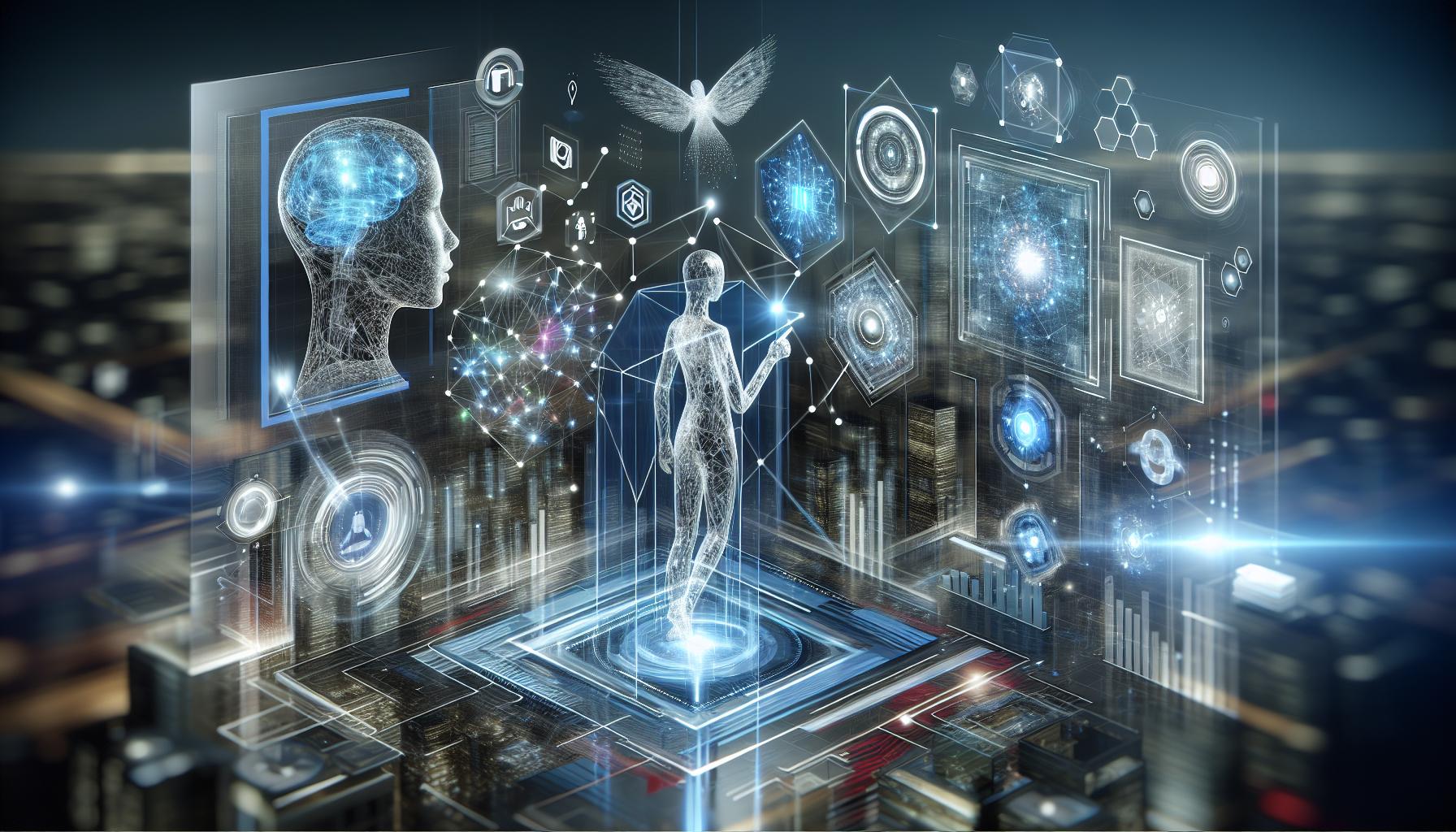
How Self Service AI Enhances Employee Experience and Engagement
In today’s rapidly evolving workplace, enhancing employee experience is not just a goal—it’s a necessity. Organizations that leverage Employee Self Service AI are positioning themselves at the forefront of intelligent automation, creating environments where employees feel empowered and engaged. By automating routine tasks and providing instant access to information, companies are able to foster a more satisfying and productive workplace.
Improved Accessibility and Convenience
Self-service AI platforms enable employees to manage their HR-related queries without needing to navigate a maze of procedures or wait for assistance. With intuitive interfaces, employees can quickly access essential services such as:
- Updating personal information
- Checking leave balances
- Submitting expense claims
- Accessing training resources
This increased accessibility reduces the frustration often associated with bureaucratic processes, allowing employees to focus their energy on their core responsibilities rather than administrative tasks. For instance, a recent case study revealed that a mid-sized tech company saw a 40% reduction in HR inquiry response time after implementing a self-service AI tool.
Personalized Employee Interactions
One of the most remarkable features of self-service AI is its ability to personalize the employee experience. Utilizing machine learning algorithms, self-service platforms can tailor responses and recommendations based on individual employee needs. This can manifest in various ways, such as:
- Suggesting career development opportunities aligned with an employee’s skills and interests
- Providing customized training courses based on performance evaluations
- Generating data-driven insights to help employees manage work-life balance
By fostering a more personalized experience, organizations can not only engage their employees but also motivate them to take proactive steps in their professional development.
Empowering Decision-Making
The implementation of Employee Self Service AI allows employees to access real-time data critical for their decision-making processes. This empowerment translates into heightened job satisfaction, as employees feel a greater sense of ownership over their roles. A well-designed self-service portal can provide insights into:
| Data Type | Impact on Employee |
|---|---|
| Performance Metrics | Encourages goal setting and accountability |
| Salary Information | Promotes transparency and trust in compensation practices |
| Feedback and Recognition | Enhances motivation through acknowledgment of achievements |
The ability to swiftly access and analyze relevant information not only aids employees in making informed choices but also fosters a culture of transparency and trust within the organization.
By harnessing the power of intelligent automation through Employee Self Service AI, companies can significantly enhance the overall employee experience, driving engagement, satisfaction, and productivity to new heights.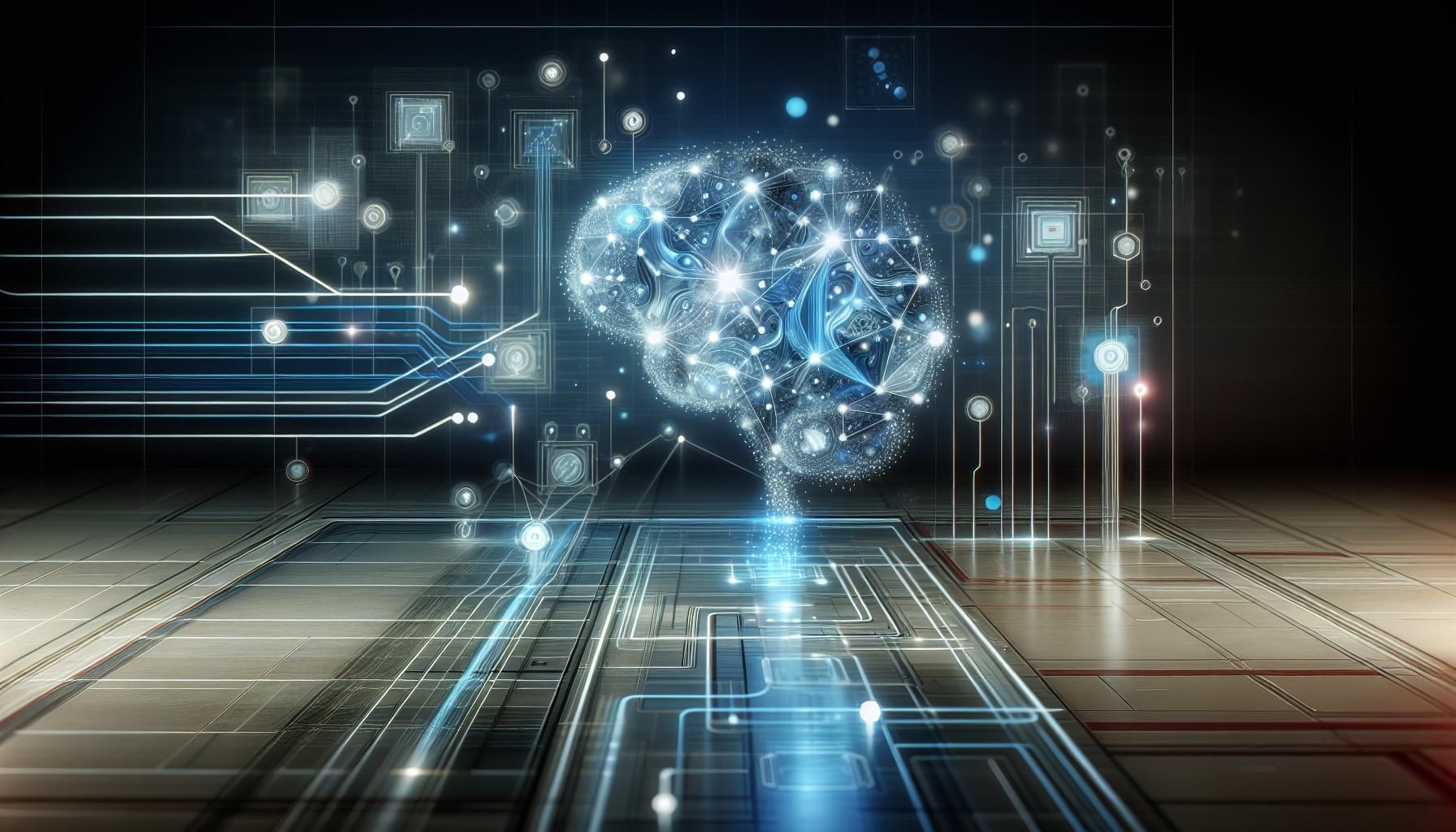
Common Use Cases for AI in Employee Self Service Applications
In today’s fast-paced work environment, organizations are increasingly turning to technology to streamline their HR processes. Employee Self Service AI is at the forefront of this shift, allowing employees to manage their HR needs efficiently and independently. From answering routine queries to facilitating complex tasks, AI-powered self-service applications are transforming how employees interact with HR departments.
Streamlining HR Inquiries
One of the most prominent use cases for AI in employee self-service applications is handling HR inquiries. Employees can access a wealth of information through conversational interfaces like chatbots. These chatbots provide instant responses to frequently asked questions, such as those related to benefits, leave policies, and payroll. By utilizing AI, organizations can significantly reduce the workload on HR teams while ensuring that employees receive quick and accurate information.
- 24/7 Availability: Employees can access information anytime, removing barriers related to traditional HR office hours.
- Personalized Responses: AI algorithms can analyze employee data to provide tailored information, improving overall satisfaction.
- Efficiency Gains: Reducing the number of inquiries that escalate to HR representatives frees up time for more complex employee issues.
Onboarding and Training Automation
Another key application of AI in employee self-service is in the onboarding and training processes. AI-driven systems can guide new hires through essential orientation tasks, providing them with all necessary documents, training materials, and compliance checklists. This automation not only accelerates the onboarding experience but also enhances engagement by allowing new employees to learn at their own pace.
| Onboarding Task | AI Automation Benefits |
|---|---|
| Document Submission | AI can automatically collect and verify documents, reducing processing time. |
| Training Module Completion | Personalized training schedules can be created based on job role and learning speed. |
| Compliance Checks | AI ensures all legal and company policy compliance training is completed promptly. |
Performance Management and Feedback
AI can also enhance employee self-service applications by providing tools that facilitate performance management and feedback mechanisms. Employees can set and track personal goals, request feedback, and access performance reviews at their convenience. This immediate access aligns with a culture of continuous feedback and encourages proactive professional development.
- Goal Setting: AI tools can help employees structure their career goals based on departmental and organizational objectives.
- Real-Time Feedback: Employees can request feedback from peers and supervisors, promoting a more collaborative environment.
- Performance Insights: AI can analyze employee performance data and identify trends, enabling more informed decision-making.
By fully embracing Employee Self Service AI, organizations can revolutionize their HR practices, shifting towards a more agile and responsive model. This approach not only enhances the employee experience but also equips HR teams to focus on strategic initiatives that drive business growth.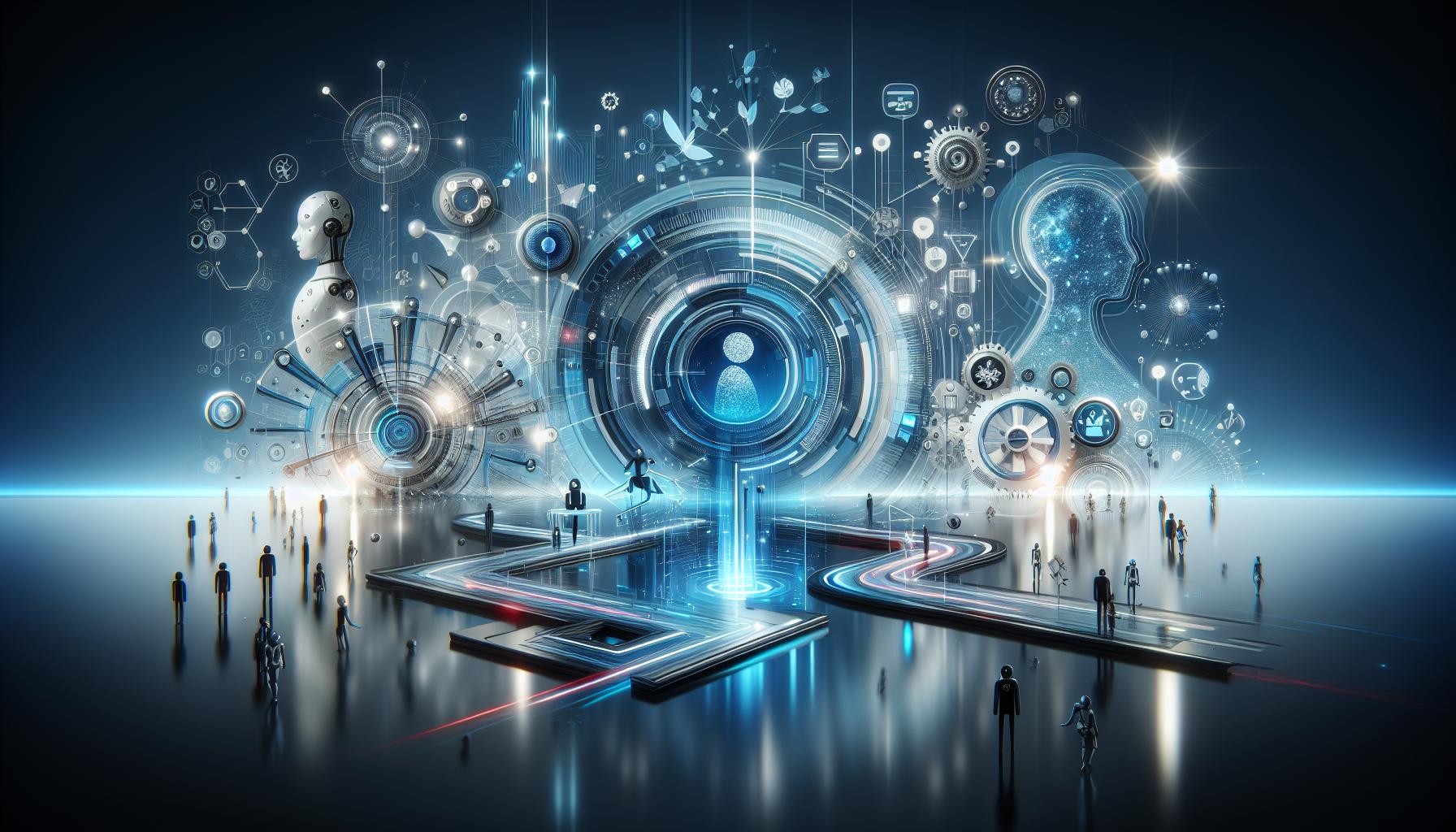
Navigating the Challenges of Adopting AI in HR Departments
In today’s fast-paced business environment, the integration of AI into HR departments has become essential to optimize processes and improve overall efficiency. However, while the benefits of adopting Employee Self Service AI are substantial, organizations must carefully navigate a series of challenges to ensure successful implementation. Resistance to change, inadequate training, and data privacy concerns are common barriers that can hinder the adoption of intelligent automation in HR.
Understanding Resistance to Change
One of the significant obstacles to adopting AI technologies in Human Resources is the inherent resistance among employees and leadership. Many HR professionals fear that AI may replace their roles or diminish their job security. To combat this apprehension, organizations should initiate thorough communication efforts that highlight the supportive role of AI in enhancing HR functions rather than replacing them. Conducting workshops and sharing success stories can help employees understand how AI can simplify menial tasks, allowing them to focus on strategic initiatives that require human insight.
Training and Development Needs
Another key challenge revolves around adequate training and development for HR staff. Implementing AI tools necessitates a shift in skills and competencies. HR teams must be trained not only on how to use these AI systems but also on understanding the ethics and analytics behind the technology. Organizations should create continuous learning opportunities by establishing training programs that promote familiarity with Employee Self Service AI and its functionality. Providing practical examples of how these tools improve workflow can also foster a positive attitude toward the technology.
Data Privacy and Security Concerns
The introduction of AI in HR inevitably raises questions about data privacy and security. Given that HR departments handle sensitive employee information, it’s crucial to ensure that AI systems comply with data protection regulations. Organizations should conduct regular audits of their AI tools and implement robust security measures to protect personal data. Involving IT in the AI adoption process will support the establishment of policies and procedures that uphold data integrity and provide reassurance to employees regarding the safety of their information.
By addressing these challenges strategically, organizations can successfully harness the power of Employee Self Service AI to revolutionize HR practices. Emphasizing transparency, education, and stringent security measures will not only ease the transition but also maximize the benefits of intelligent automation in the HR landscape.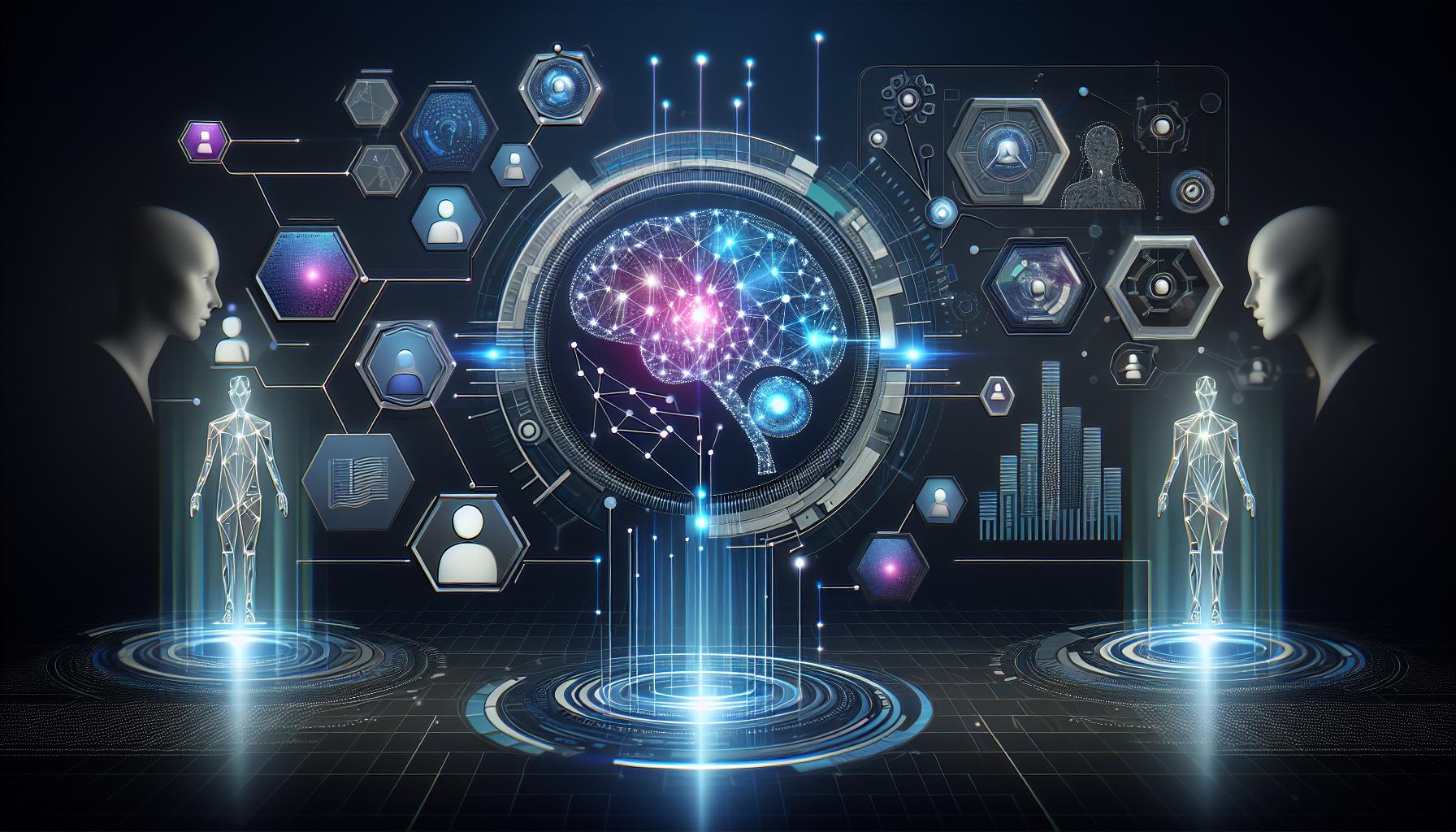
Best Practices for Integrating AI Solutions into Your HR Strategy
In today’s digital age, where technology evolves at an unprecedented pace, Human Resources departments are recognizing the essential role that integration of AI plays in transforming operations. Employee Self Service AI solutions provide an innovative avenue for HR teams to streamline processes, enhance employee experiences, and unlock valuable insights. However, successfully embedding these advanced tools into your HR strategy calls for a thoughtful approach to ensure effectiveness and alignment with organizational goals.
Understand Your Unique Needs
Before diving into the implementation of Employee Self Service AI, it’s vital to assess the specific needs of your organization. Conduct a thorough analysis to identify areas where AI can bring the most value. Consider aspects such as:
- Frequent HR queries that could be automated.
- Processes that are currently time-consuming and labor-intensive.
- Employee feedback about existing HR services and what they would like improved.
This understanding will form the foundation on which you’ll build your AI strategy, ensuring that the technology aligns with organizational priorities and enhances overall efficiency.
Prioritize User Experience
An effective integration of Employee Self Service AI hinges on a strong focus on user experience. Ensure that the AI tools you choose are intuitive and user-friendly, allowing employees to navigate them with ease. Here are some best practices to follow:
- Incorporate mobile access so employees can use self-service features anywhere, anytime.
- Provide comprehensive onboarding and ongoing support to help employees feel comfortable using AI solutions.
- Gather feedback regularly to update features and functionality based on user preferences and pain points.
Real-world example: A large tech company implemented a chatbot for common HR inquiries. By regularly assessing employee interactions and feedback, they continued to refine the bot’s responses, leading to a 40% reduction in direct HR queries.
Foster Collaboration Between Teams
AI and intelligent automation are not solely an HR initiative; they should permeate the entire organization. Encourage collaboration across departments to better understand how AI can enhance various functions. For instance, working with IT can help ensure that your AI tools are secure and well-integrated with existing systems. Engaging in cross-team workshops can also facilitate a shared understanding of the changes AI will bring, easing the transition.
Additionally, compile a team of champions from different departments who can advocate for AI initiatives within their teams. This multiplicative effect can secure buy-in and ease resistance, ensuring a more harmonious transition.
| Department | Potential AI Integration Examples |
|---|---|
| Recruitment | Automated resume screening and interview scheduling. |
| Training | Personalized learning paths based on employee performance data. |
| Employee Engagement | Sentiment analysis tools to gauge staff morale. |
Monitor, Evaluate, and Adjust
Lastly, the journey of integrating Employee Self Service AI into your HR strategy doesn’t end with deployment. Continuous monitoring and evaluation of the AI systems will ensure they continue to meet your evolving needs. Set clear metrics for success, such as the rate of employee engagement with the AI tools, reduction in HR processing times, and overall employee satisfaction. Use data-driven insights to make informed adjustments to improve functionality and effectiveness incrementally.
Through this agile approach, your organization can continually adapt its HR strategy, truly allowing AI to revolutionize operations while fostering a proactive workplace environment.
The Future of Work: How AI Will Shape the Role of HR Professionals
In the rapidly evolving workspace of the future, artificial intelligence is set to become a pivotal force in reshaping how HR professionals operate. As organizations increasingly embrace digital transformation, the integration of AI—especially through frameworks like Employee Self Service AI—stands out as a crucial enabler of operational efficiency. This innovative approach allows employees to manage their HR needs independently, streamlining processes and empowering individuals to take ownership of their information.
Implementing Employee Self Service AI can yield remarkable benefits for businesses. By facilitating automated responses to commonly asked questions, HR teams can focus on more strategic tasks rather than getting bogged down by repetitive inquiries. For instance, using chatbots or virtual assistants powered by artificial intelligence can help employees find information regarding benefits, leave policies, and career development opportunities in a matter of seconds. Such tools not only enhance employee satisfaction by providing immediate answers but also free HR professionals to concentrate on high-impact initiatives that drive organizational success.
Transformative Applications of AI in HR
The role of HR is evolving from administrative oversight to strategic partnership, largely fueled by automated solutions. Here are several key areas in which AI is shaping the future of HR:
- Recruitment and Talent Acquisition: AI can analyze resumes and screen candidates efficiently, enabling HR teams to identify best-fit candidates faster than ever.
- Employee Engagement: Tools like sentiment analysis can gauge employee morale in real-time, allowing HR to proactively address concerns.
- Performance Management: AI-driven systems provide insightful data that supports more personalized development plans and a stronger alignment between employee goals and organizational objectives.
The transformation brought forth by AI is not just about efficiency; it’s about enhancing the quality of the employee experience. Organizations that harness the power of Employee Self Service AI create a more engaged, informed, and empowered workforce. This leads to better retention rates and an overall improvement in workplace culture. To stay competitive in this AI-driven landscape, HR professionals must adapt by familiarizing themselves with these technologies and learning how to leverage them effectively.
Moving Forward: Skills and Strategies for HR Professionals
As AI continues to reshape the HR paradigm, professionals must develop specific skills to maximize its potential. This includes:
- Data Literacy: Understanding data analytics will be essential for interpreting insights generated by AI tools.
- Strategic Thinking: With more time freed from administrative tasks, HR must embrace a strategic mindset to align HR initiatives with broader business goals.
- Technology Adaptation: Familiarity with AI applications and tools will be necessary for HR professionals to fully leverage their advantages.
In conclusion, the rise of intelligent automation through Employee Self Service AI is transforming the HR landscape by making processes more efficient and empowering employees. As organizations continue to explore these innovations, HR professionals must actively engage with these tools to enhance their strategies and maintain a competitive edge in an increasingly complex work environment.
Real-World Success Stories: Companies Transforming HR with AI
The shift towards integrating AI in human resources is not just a trend; it is reshaping how organizations operate, enhancing efficiency, and improving employee satisfaction. Companies worldwide are leveraging Employee Self Service AI to streamline processes, reduce administrative burdens, and empower employees. Here are some exemplary cases showcasing how businesses are successfully transforming their HR functions through intelligent automation.
Case Studies of AI in HR
- Unilever: This global consumer goods company has embraced AI to optimize its recruitment process. By utilizing predictive analytics and machine learning, Unilever has reduced the time to hire and improved candidate experience. AI tools analyze candidates’ online profiles and assessments, facilitating faster decision-making and a more diverse talent pool.
- IBM: Known for its advancements in technology, IBM employs AI-driven tools for employee engagement and talent development. Their AI systems analyze employee feedback and performance data to tailor development programs, ensuring that employees receive personalized career growth opportunities. This results in higher retention rates and increased job satisfaction.
- Siemens: This multinational conglomerate has adopted AI to enhance workforce management. By implementing an AI-enabled self-service portal, employees can manage their schedules, submit requests for time off, and access resources effortlessly. This automation has led to a significant reduction in HR workload and improved employee self-sufficiency.
- Walmart: Walmart uses AI to analyze employee data and predict turnover. By identifying at-risk employees, Walmart can proactively implement retention strategies, thereby reducing costs associated with high turnover rates. This approach has not only saved the company money but has also contributed to a more stable workforce.
Benefits of Implementing Employee Self Service AI
Utilizing Employee Self Service AI offers tangible benefits that go beyond immediate operational efficiencies. Organizations are witnessing:
| Benefit | Impact |
|---|---|
| Time Savings | Automating routine HR tasks saves hours of administrative work. |
| Improved Accuracy | AI reduces human error in data handling and decision-making. |
| Enhanced Employee Experience | By empowering employees with self-service tools, engagement levels increase. |
| Cost Efficiency | Lower operational costs due to decreased need for manual processing. |
In conclusion, the effective deployment of Employee Self Service AI is helping organizations to not only manage their HR tasks more efficiently but also to foster a culture of self-empowerment among employees. The adoption of these intelligent automation tools provides a competitive edge by transforming HR from a traditional administrative function into a strategic partner that fuels business success.
FAQ
What is Employee Self Service AI?
Employee Self Service AI refers to the use of artificial intelligence in HR systems that allows employees to access HR services independently. This technology improves efficiency by enabling employees to manage their own information, such as benefits and leave requests, without HR intervention.
By integrating intelligent automation, Employee Self Service AI streamlines HR processes, reducing workload for HR staff and increasing employee satisfaction. For example, employees can quickly check their leave balances, request time off, or modify personal details, fostering a more empowered workforce.
How does Employee Self Service AI revolutionize HR?
Employee Self Service AI revolutionizes HR by automating repetitive tasks, thus allowing HR professionals to focus on strategic initiatives. This shift not only enhances productivity but also minimizes human error in data management.
By leveraging such AI technologies, organizations can provide a personalized experience for employees, increasing engagement and retention. For further exploration, check our article on the benefits of AI in HR.
Can I integrate Employee Self Service AI into existing HR systems?
Yes, you can integrate Employee Self Service AI into existing HR systems. Many modern HR platforms offer APIs or built-in features that support easy integration of AI functionalities.
This capability allows businesses to enhance their current HR operations without completely overhauling their systems. By ensuring compatibility, organizations can smoothly adopt intelligent automation, maximizing their investment in technology.
Why does Employee Self Service AI enhance employee experience?
Employee Self Service AI enhances the employee experience by providing immediate access to HR information and reducing wait times for queries. This autonomy in managing personal data fosters a sense of ownership among employees.
With employee self-service tools, workers can swiftly resolve issues like updating contact details or requesting leave, leading to higher satisfaction levels. Thus, organizations that implement these AI solutions often see improved morale and productivity.
What are the key features of Employee Self Service AI?
Key features of Employee Self Service AI include automated leave management, personalized dashboards, and instant access to HR documents. These features help reduce administrative burdens for HR teams.
Such functionalities enable employees to manage their profiles effectively, enhancing communication and information flow within the organization. This not only saves time but also increases data accuracy within the HR department.
How can companies measure the success of Employee Self Service AI?
Companies can measure the success of Employee Self Service AI through metrics such as employee satisfaction scores, reduction in HR queries, and time saved on administrative tasks.
By tracking these key performance indicators (KPIs), organizations can assess how the implementation of self-service AI improves efficiency and employee engagement. Regular feedback from employees also plays a critical role in continuous improvement.
Can Employee Self Service AI ensure data privacy and security?
Yes, Employee Self Service AI can ensure data privacy and security through encryption, access controls, and regular audits. These measures protect sensitive employee information from unauthorized access.
Organizations must implement strict security protocols to safeguard valuable data, thus maintaining employee trust. By combining technology with best practices in data handling, HR departments can ensure compliance with regulations like GDPR.
Key Takeaways
In conclusion, Employee Self Service AI stands at the forefront of transforming human resources through intelligent automation. By streamlining tasks such as leave requests, benefits enrollment, and payroll inquiries, organizations not only enhance efficiency but also empower employees with greater control over their HR interactions.
Explore the exciting potential of this technology—understand its implications for employee engagement, data accuracy, and overall organizational agility. As you delve deeper, consider how these tools can streamline operations within your own company and pave the way for a more responsive HR environment.
Stay curious and confident as you navigate the evolving landscape of AI in HR. The future is not just about technology; it’s about taking charge of the resources that matter most—your employees. Engage with this material further, and let the journey toward revolutionizing your HR practices begin!

